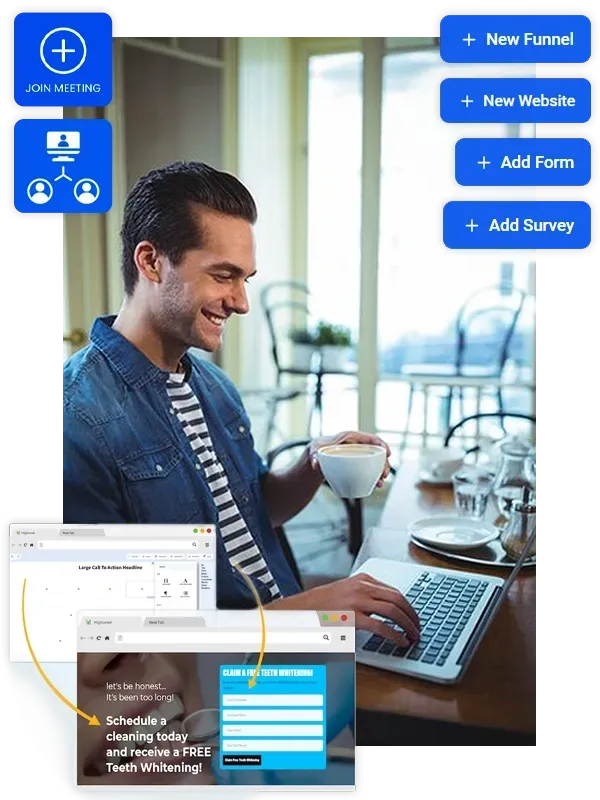Synergy Support Center
Our Resources Are Here for You, Your Success is Our Business
Our Blogs

FAQ’s
-
What is reputation management?
The reputation of a business is both what they say about themselves and what others say about them. Managing reputation is nothing new; what’s new is how the internet and social media have changed the way businesses are being defined and how fast their reputations spread.
-
Why is online review monitoring important?
With over 33 million local reviews on Yelp alone, it’s clear that customers are sharing their opinions online. Seventy-two percent of consumers say they trust online reviews as much as personal referrals, so whether it’s a testimonial, a detailed article on someone’s blog, or an offhand comment on Twitter, people are now chatting 24/7—and local business owners need to be paying attention.
-
What is presence management and how does it help local businesses?
Presence management is making sure that customers can find the right information about a business online. Correct and consistent listings across directories, review sites and social networks is crucial.
-
Why do customer reviews matter?
Consumers often search online for a local business with recent reviews and an average review rating of at least four stars. If a business doesn’t fall into that category, there’s a good chance they’re losing potential customers to competitors. To avoid losing sales, it’s important to continuously generate positive reviews while managing the negative ones.
-
Why is it important to continuously generate new reviews?
For local businesses, having a steady stream of recent reviews is crucial. 73% of consumers say reviews written more than 3 months ago aren’t relevant anymore. Customers want to see reviews that relate to the business as it is today.
-
Why is it important for local businesses to have a mobile optimized listing?
For SEO, priority is given to good customer experience on mobile devices. Consumers will use mobile devices to find desired goods or services and will generally begin these searches with a category or brand search. For example, a brand search is “Joe’s Pizza in Denver” and a category search is “Pizza in Denver”. (Note: On a mobile device the “in Denver” often does not need to be explicit.) In the case of a category search, the user has the intent to purchase something in a category but has not decided or does not care about the brand. In these searches, the user’s intent is generally heavily skewed toward proximity and location. So search engines generally deliver the closest locations and it is therefore important that location information is crawlable, is displayed on each page, and is in meta-data and keywords.
Additional Resources
Get assistance solving issues you are experiencing with your Synergy AI integrations setup.
Requires Synergy AI
Join our private group and see how other users are taking their business to the next level.
Requires Synergy AI
Watch our latest training webinars giving you an interactive learning experience to leveraging Synergy AI.
Requires Synergy AI
LINKS
SUBSCRIBE TO OUR NEWSLETTER
Contact Us
We will get back to you as soon as possible.
Please try again later.
Made with 💙by Evolution Digital Marketing Agency™. All Rights Reserved. Copyright 2024. Privacy Policy | Terms of Service




